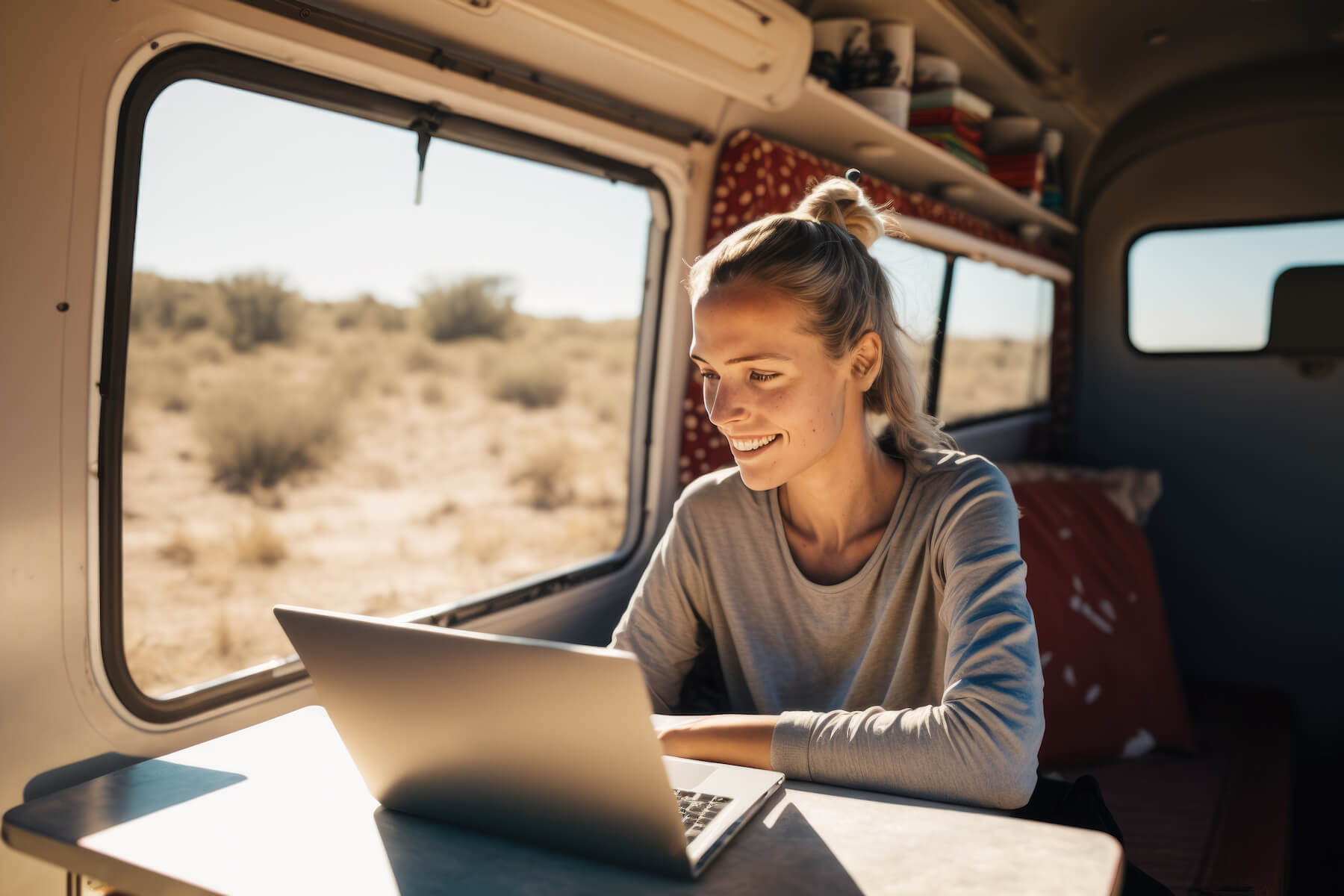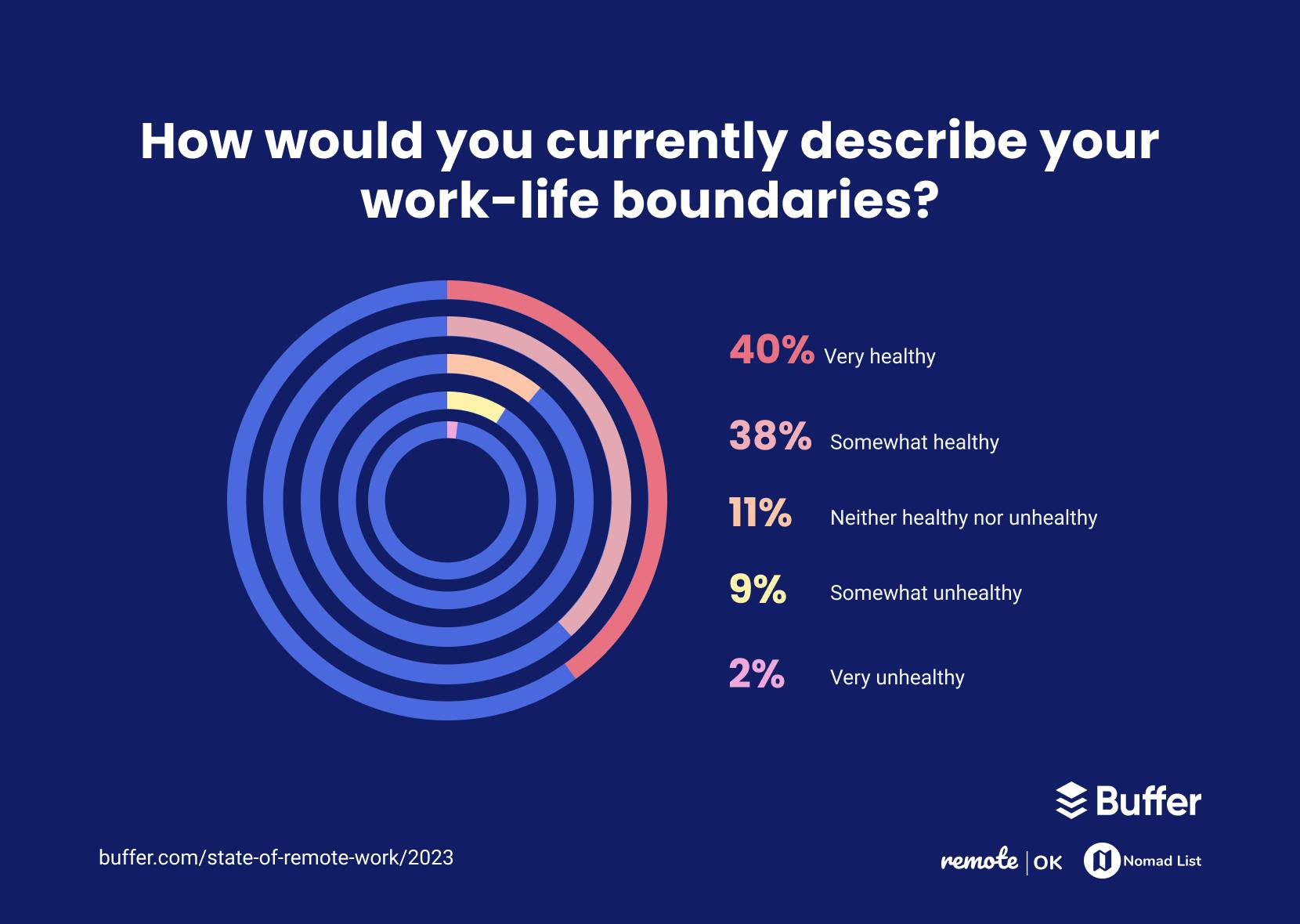The trend towards access over ownership is growing due to an increase in nomadic lifestyles. People prefer flexibility and experiences over possessions.
As more individuals adopt nomadic lifestyles, the preference for access rather than ownership becomes evident. Digital nomads and frequent travelers value convenience and adaptability. Subscription services and sharing economies cater to their need for temporary solutions. Renting homes, cars, and even luxury items aligns with their desire for minimalism and mobility.
This shift impacts various industries, prompting businesses to innovate and offer flexible access options. The emphasis on experiences over possessions highlights a significant cultural change. Brands that adapt to this trend can tap into a growing market of modern consumers seeking freedom and flexibility in their lives.
Rise Of The Sharing Economy
The rise of the sharing economy is reshaping our lifestyles. As more people embrace nomadic living, the preference for access over ownership is growing. This shift is driven by the need for flexibility and cost-efficiency. The sharing economy offers innovative solutions to these needs.
From Ownership To Access
Traditionally, owning assets like cars and homes symbolized success. Today, many prefer access over ownership. Renting an apartment for a few months is now common. Car-sharing services are also popular. People can access what they need without long-term commitments. This trend aligns with the rise in nomadic lifestyles.
Key Players In The Market
Several companies lead the sharing economy. Here’s a look at some key players:
| Company | Service |
|---|---|
| Airbnb | Short-term home rentals |
| Uber | Ride-sharing |
| Lyft | Ride-sharing |
| WeWork | Shared office spaces |
- Airbnb allows travelers to rent homes worldwide.
- Uber and Lyft offer convenient ride-sharing services.
- WeWork provides flexible office spaces.
The sharing economy also includes services like tool libraries and clothing rentals. These services cater to people seeking flexibility. They reduce the need for permanent ownership, aligning with the nomadic lifestyle.
Nomadic Lifestyles Explained
Nomadic lifestyles are becoming more popular. People are choosing to live with less. They move frequently and value experiences over possessions. This trend is changing how we think about ownership.
Defining Nomadism
Nomadism is a way of life. People who are nomads do not stay in one place. They travel from place to place. They often live in temporary homes. This lifestyle values freedom and flexibility.
- Living in different locations
- Minimal belongings
- Flexible work options
Historical Context
Nomadism has a long history. In ancient times, many cultures were nomadic. They moved to find food and resources. Nomadic tribes traveled with their animals. They followed seasonal patterns.
Today, modern nomadism is different. Technology allows people to work remotely. This makes it easier to travel and live anywhere. Many people now choose a nomadic lifestyle for personal freedom.
| Past Nomadism | Modern Nomadism |
|---|---|
| Travel for food and resources | Travel for experiences and work |
| Seasonal movement | Frequent relocations |
| Temporary shelters | Flexible living arrangements |
Technology As An Enabler
The trend towards access, not ownership, is growing. This is largely due to the rise in nomadic lifestyles. Technology plays a key role in this shift. It enables easier access to resources and services. Let’s explore how technology supports this trend.
Digital Platforms
Digital platforms make sharing and renting simple. Websites and apps connect users with services. Examples include:
- Airbnb: Rent homes anywhere in the world.
- Uber: Get rides on demand.
- Spotify: Stream music without buying albums.
These platforms offer flexibility and convenience. They eliminate the need for ownership. Users can access what they need, when they need it.
Mobile Connectivity
Mobile connectivity is crucial for nomadic lifestyles. Reliable internet access keeps people connected. They can work, communicate, and access services on the go. Key benefits include:
- Work from anywhere: Digital nomads can work remotely.
- Stay connected: Instant communication via apps like WhatsApp.
- Access information: Use search engines to find answers quickly.
Mobile devices like smartphones and tablets are essential. They are the tools that make this lifestyle possible. With strong mobile connectivity, the world is more accessible.

Credit: americas.rmscloud.com
Economic Benefits
As more people adopt nomadic lifestyles, the trend towards access instead of ownership is gaining traction. This shift offers significant economic benefits. Nomads save money and gain flexibility, making their lives easier and more enjoyable.
Cost Savings
One of the biggest advantages is cost savings. Owning items like cars, homes, and furniture can be expensive. Renting or sharing these items can save a lot of money.
- Renting a car costs less than buying one.
- Shared housing is cheaper than owning a home.
- Subscription services are less costly than purchasing.
Many nomads use co-working spaces instead of renting an office. This saves money on utilities and maintenance. Monthly memberships are affordable and flexible.
Flexibility And Freedom
Flexibility is another major benefit. Nomads can move easily without the burden of owned items. This lifestyle allows them to explore new places and opportunities.
Renting gives the freedom to choose different locations. Nomads can live in a city one month and a beach town the next.
They can also choose various types of accommodations, from apartments to RVs. This flexibility enhances their quality of life and allows for spontaneous travel.
| Ownership | Access |
|---|---|
| High initial costs | Lower upfront fees |
| Long-term commitment | Short-term contracts |
| Maintenance responsibilities | Minimal upkeep |
With fewer belongings, nomads experience less stress. They can focus on experiences instead of material possessions.
Environmental Impact
The trend towards access over ownership is growing. Many embrace nomadic lifestyles. This shift has a significant environmental impact. Nomads live lighter and reduce waste.
Sustainable Living
Choosing access over ownership encourages sustainable living. Nomads rent items instead of buying. This reduces the demand for new products. Fewer products mean less production waste and resource use.
Many nomads use shared spaces. They prefer co-working spaces over personal offices. This reduces energy consumption. Fewer private offices mean fewer buildings and less energy use.
Reduced Waste
Access over ownership leads to less waste. People share items instead of discarding them. This reduces landfill waste and pollution.
Nomads often use digital tools. They prefer e-books over paper books. This choice saves trees and reduces paper waste.
A summary of how nomadic lifestyles help reduce waste:
| Action | Environmental Benefit |
|---|---|
| Renting items | Less production waste |
| Using shared spaces | Reduced energy use |
| Choosing digital tools | Less paper waste |

Credit: buffer.com
Challenges And Drawbacks
The trend towards access not ownership aligns with rising nomadic lifestyles. Yet, challenges and drawbacks exist. Let’s explore the key issues faced by modern nomads.
Security Concerns
Nomadic lifestyles often mean using shared and rented spaces. This raises security concerns.
- Shared Wi-Fi networks can be unsafe.
- Personal items may lack proper storage.
- Devices are more prone to theft.
Using public Wi-Fi without protection increases the risk of hacking. Nomads need to use VPNs for safer internet access.
Lack Of Stability
Frequent moves affect one’s sense of stability. Regular changes in living conditions can cause stress.
| Aspect | Challenge |
|---|---|
| Housing | Finding reliable short-term rentals |
| Workspaces | Adapting to different environments |
| Social Life | Building long-term friendships |
Nomads often face issues adapting to new work environments. This can affect productivity and mental well-being.
Building and maintaining long-term relationships is another challenge. Constant travel makes it hard to stay connected.
Future Trends
The trend towards access over ownership is transforming lifestyles. Nomadic living is rising. People want flexibility and less commitment. This shift impacts many industries. Let’s explore the future trends driving this movement.
Innovative Solutions
Companies are creating new solutions. These solutions cater to nomadic lifestyles. Subscription services are popular. They offer access to cars, homes, and gadgets without buying. Co-living spaces are another innovation. They provide flexible living arrangements.
Shared economy platforms like Airbnb and Uber lead the way. They offer short-term access to homes and transport. Digital nomad visas are also emerging. Countries offer these visas to attract remote workers. Flexible workspaces like WeWork are growing. They provide office solutions for mobile professionals.
Market Growth Projections
The market for access-based services is booming. Analysts predict strong growth. The car-sharing market is expected to grow. It might reach $12 billion by 2025. Co-living spaces are also on the rise. They could grow 15% annually.
Subscription boxes are gaining popularity. These boxes offer everything from food to fashion. The market might hit $20 billion by 2026. Flexible workspaces are expanding too. They are estimated to grow by 13% yearly.
| Market Segment | Growth Projection |
|---|---|
| Car-Sharing | $12 Billion by 2025 |
| Co-Living Spaces | 15% Annual Growth |
| Subscription Boxes | $20 Billion by 2026 |
| Flexible Workspaces | 13% Yearly Growth |
These projections show a strong future. The trend towards access over ownership is clear. The market is adapting to nomadic lifestyles. Companies that innovate will thrive in this changing landscape.
Personal Stories
Many people are embracing the trend towards access over ownership. The rise in nomadic lifestyles shows this change. Personal stories highlight these shifts.
Case Studies
Jane sold her house and car to travel the world. She now uses rental services for homes and cars. Jane enjoys the freedom of not owning things.
Mark works remotely and moves every few months. He uses co-working spaces and short-term rentals. Mark finds comfort in flexible living.
Emma and John share their journey on social media. They live in different cities each year. They use subscription services for furniture and appliances. They value experiences over ownership.
Lessons Learned
These stories offer valuable lessons. Flexibility and freedom are key benefits. Renting reduces the burden of maintenance. Subscriptions make moving easier.
- Embrace minimalism to reduce stress.
- Use technology to find rentals and services.
- Value experiences over material possessions.
Nomadic lifestyles teach people to adapt quickly. They learn to make the most of shared resources.

Credit: www.centuroglobal.com
Frequently Asked Questions
What Is The Concept Of Access Over Ownership?
Access over ownership prioritizes using services and products without owning them. This trend supports minimalism and flexibility, ideal for nomadic lifestyles.
How Are Nomadic Lifestyles Influencing Consumer Behavior?
Nomadic lifestyles encourage consumers to prefer renting or subscribing. This shift reduces the need for permanent possessions and promotes flexibility.
Why Are People Choosing Access Instead Of Ownership?
People choose access for cost savings, flexibility, and reduced clutter. It suits modern, mobile lifestyles and offers convenience.
What Are Popular Services Promoting Access Over Ownership?
Services like Airbnb, Uber, and Netflix promote access over ownership. They provide affordable, flexible alternatives to traditional ownership.
Conclusion
The trend towards access over ownership is reshaping our lifestyles. Nomadic living benefits from shared resources and flexibility. This shift is sustainable and cost-effective. As more people embrace this lifestyle, the appeal of ownership continues to decline. The future points to a world where access defines our choices and enhances our freedom.

